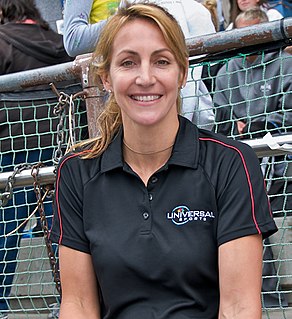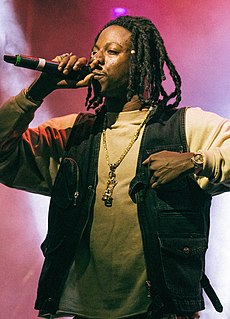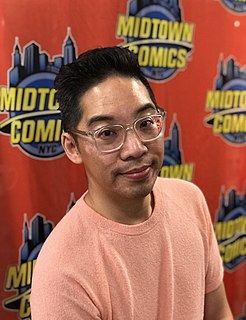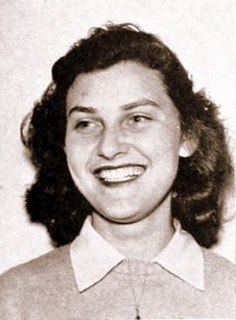A Quote by Ivo Daalder
A big challenge in combating terrorism is learning how to think about things that we can't imagine.
Related Quotes
Those are big challenges in our age, not just how we live as co-citizens in societies with people of different faiths and different cultures - I mean, that's a big challenge itself - but how we think about all that as Christians, or as Jews, or as Muslims, or as Hindus. How do we think about the religious other? There's a theological dimension as well as a civic dimension to our pluralism.
You can't think about terrorism without thinking about Palestinian terrorism. Palestinians began international terrorism. It started with them in 1968. They used it as the first resort, not the last resort. They invented it, they perfected it, they benefited from it and they taught the world how to use it and that it would be successful.
To be a champion, I think you have to see the big picture. It's not about winning and losing; it's about every day hard work and about thriving on a challenge. It's about embracing the pain that you'll experience at the end of a race and not being afraid. I think people think too hard and get afraid of a certain challenge.
One of my big milestones came when I turned forty and promised myself to stop worrying about all the things I thought I might do but never really would. I was very relieved when I realized that you can actually complete a project by dropping it. That's how I "completed" learning to cook and learning German, becoming a good skier, and a list of other things too long to recite!
On tour things go wrong all the time, I mean that's live music, that's what it's all about. I think one of the things I'm learning is that when stuff goes wrong, really brilliant musicians have the ability to turn this into something interesting and unique. I think good people in any sphere of anything know how to deal with problems, how to take it in your stride. We are learning this by touring, by being put in these positions when we need to focus and deal with it.
I had a chance to talk with President [Vladimir] Putin and he clearly said to me very directly, "I will think about that. I will think about this challenge of how we win." Look, this is not easy for Putin. Everybody says, "Oh, Putin's made a big move." Well, Putin is [in Syria] now; and if he wants to fight ISIL alone, that's a challenge, folks.
I've been interested in terrorism from the very beginning. My first novel is about that, too, and I think one reason I've been so interested in terrorism is because I have a deep interest - one of my deepest interests - in image culture and how it works. And terrorism is an epiphenomenon of image culture.




































